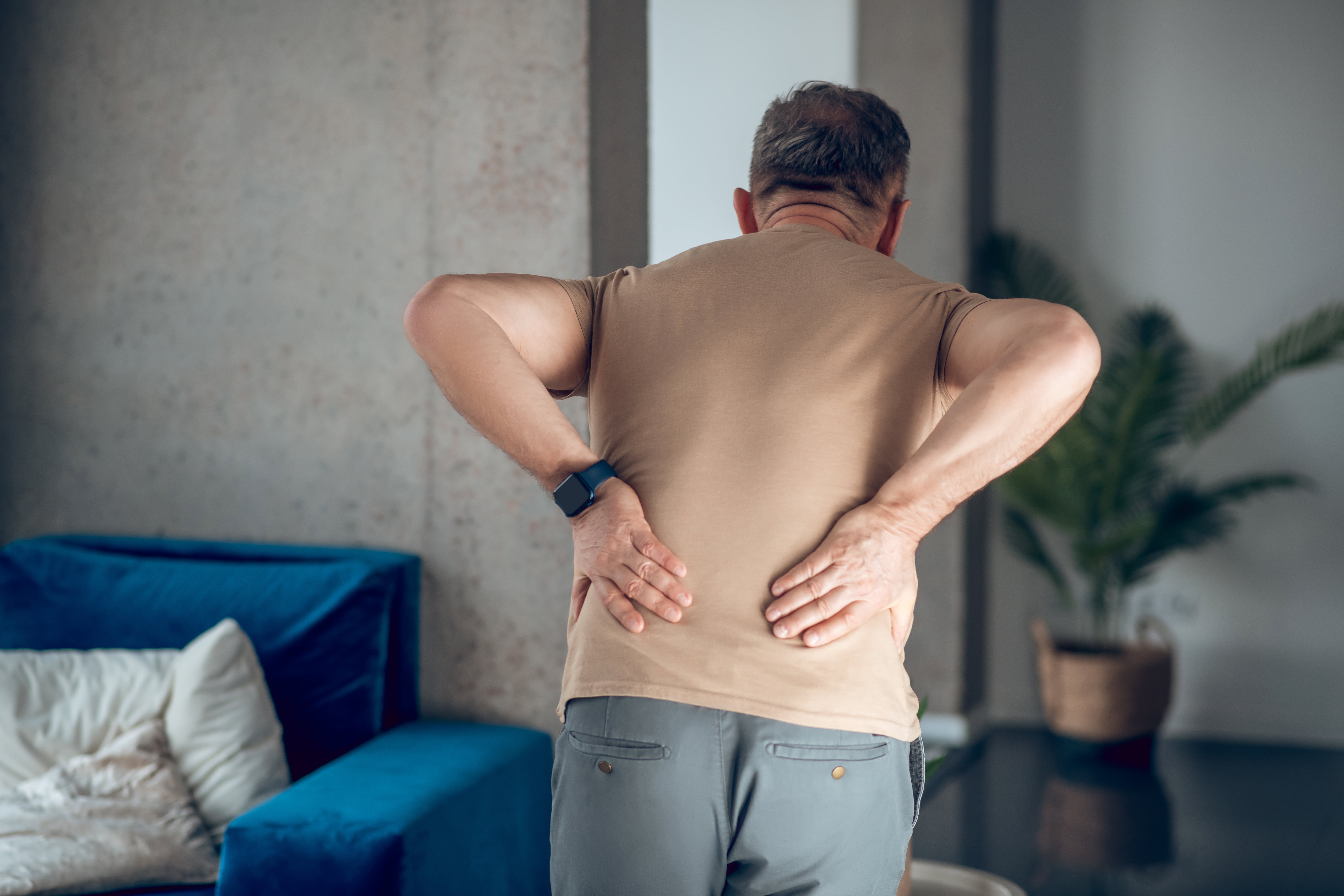Slipped discs, also referred to as herniated discs, are a common condition that can cause pain and discomfort. A slipped disc occurs when a tear in the annulus fibrosus, the outer layer of the intervertebral disc, causes the jelly-like nucleus pulposus to protrude out of the disc space. This can cause pressure on the spinal cord and adjacent nerve roots, leading to pain, numbness, and tingling in the affected area.
What Causes Slipped Discs?
Slipped discs can be caused by trauma or injury, such as a fall or car accident. It can also be caused by repetitive motions or long periods of sitting or standing in one position. Other causes include heavy lifting, a heritable predisposition, and age-related degeneration.
The discs between the vertebrae in our spine become less flexible and lose their ability to cushion and support the spine as we age. As a result, we’re more likely to suffer from a slipped disc as we get older.
- Injury or trauma
- Repetitive motions
- Long periods of sitting or standing
- Heavy lifting
- Hereditary predisposition
- Age-related degeneration
What Are the Symptoms of a Slipped Disc?
The symptoms of a slipped disc can vary depending on the location of the injury. Common symptoms include pain in the affected area, as well as tingling, numbness, and weakness in the extremities. You may also experience difficulty walking, a feeling of “pins and needles”, and muscle spasms.
- Pain in the affected area
- Tingling, numbness, and weakness in the extremities
- Difficulty walking
- “Pins and needles” feeling
- Muscle spasms
When Should I Seek Medical Help for a Slipped Disc?
If you have any of the symptoms listed above, you should consult your doctor. Your doctor will be able to diagnose the condition and recommend suitable treatment. Treatment for slipped discs usually involve rest, physical therapy, and medications. In some cases, surgery may be necessary.
If you’re experiencing any of the symptoms listed above, it’s important to seek medical help as soon as possible. The sooner you get help, the more likely it is that your treatment will be successful.
How Can I Prevent Slipped Discs?
The best way to prevent slipped discs is to practice good posture and ergonomics. Make sure that you’re sitting and standing with your back straight and your shoulders back. Additionally, you should avoid activities that involve repetitive motions and heavy lifting. If you’re going to be sitting or standing for long periods of time, make sure to take frequent breaks to stretch and move around.
If you’re at risk of developing a slipped disc, it’s important to consult your doctor about the best ways to prevent it. Your doctor may recommend exercises to strengthen your core and back muscles, as well as lifestyle modifications to reduce your risk.
If you have already been diagnosed with a slipped disc, it’s important to follow your doctor’s instructions for treatment and prevention. Taking the necessary steps to prevent a slipped disc can help you avoid further complications and pain.
If you’ve been diagnosed with a slipped disc and are looking for treatment options, Eastside Ideal Health offers non-surgical treatments to help relieve your symptoms and pain. Contact us today to learn more about our services and how we can help!

